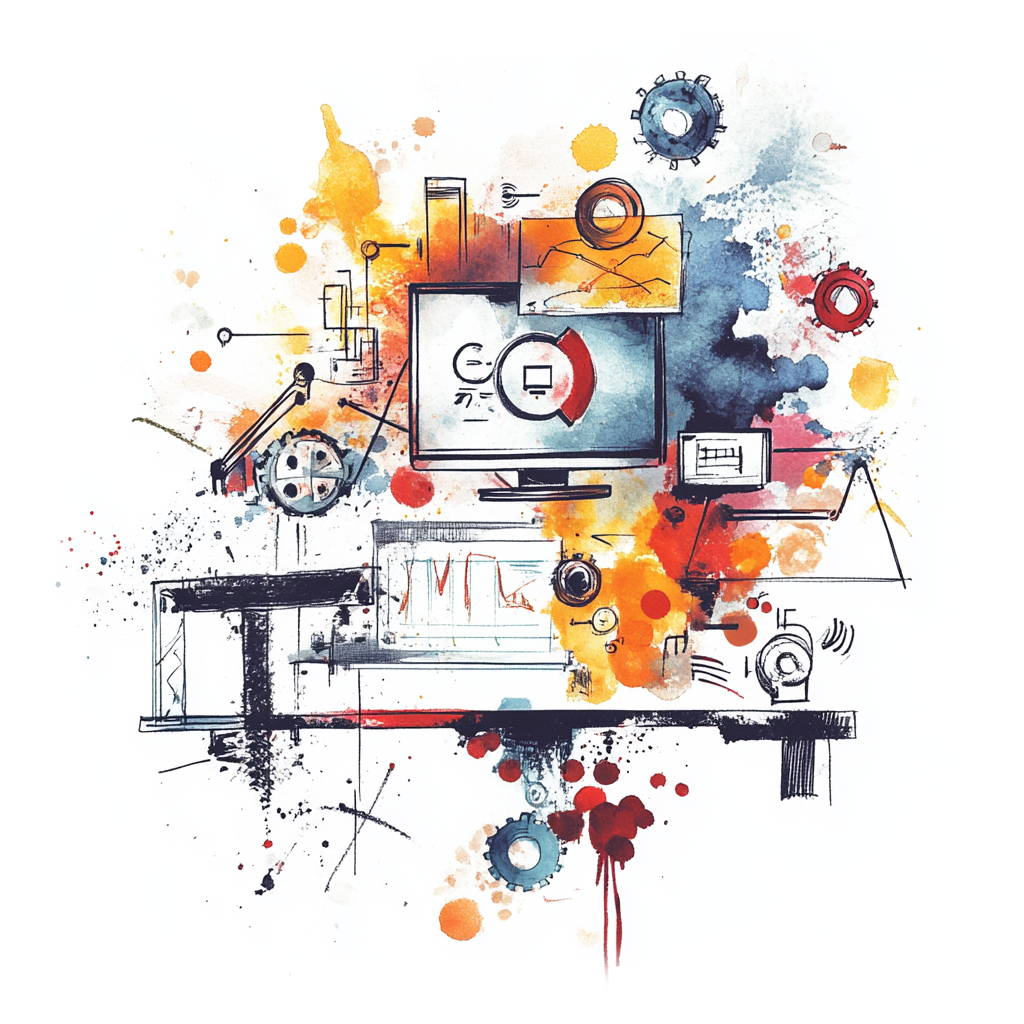Leveraging Self-Owned AI in Biomaterials
Learn how Biomaterials companies can leverage self-owned AI to enhance their operations and drive innovation.

Harnessing the Power of Your Own AI: A Game-Changer for Upstream Operators in the Biomaterials Industry
In the fast-evolving world of biomaterials, upstream operators face a multitude of challenges—from research and development to supply chain management. But what if you could harness the power of your very own AI to help streamline operations, enhance research, and foster innovation? Imagine having a smart assistant that understands your business intricacies and provides insights tailored to your specific needs. That’s what having your own AI can offer.
Real-World Use Cases: A Glimpse into Possibilities
1. Research Assistance
Picture this: your research team is deep in the trenches, sifting through mountains of academic articles, patent filings, and industry reports looking for the next breakthrough in biodegradable plastics. With your own AI, you could automate the search process. It can analyze hundreds of thousands of documents in real-time, highlighting key findings and suggesting relevant reads. This not only saves time but opens the door to innovative ideas that may have otherwise gone unnoticed.
2. Quality Control
Quality assurance in biomaterials is paramount. Your AI can monitor production processes, analyzing data points as they flow from the assembly line. It can detect anomalies much faster than a human can, reducing the risk of defective products reaching the market. By predicting potential quality issues before they become problems, your AI acts as an early warning system, safeguarding your company’s reputation and saving costs.
3. Supply Chain Optimization
Imagine tightening the screws on your supply chain logistics without breaking a sweat. Your AI can analyze patterns in demand and supply, making real-time recommendations to adjust inventories and shipping schedules. This agile approach ensures you have the right materials at the right time, reducing waste and improving your bottom line.
4. Sustainability Initiatives
Today’s consumers are increasingly environmentally conscious. Your AI can help you develop sustainable materials by modeling various production methods and predicting their environmental impact. This not only enhances your brand’s reputation but also aligns with regulatory requirements, helping you stay ahead of the curve.
Why Choose Your Own AI?
1. Tailored Solutions
Your business is unique, and so are its challenges. A self-hosted AI is built to understand the specificities of your operations, allowing for customized solutions that a generic service simply can’t offer.
2. Data Security
In the biomaterials sector, data privacy is crucial. When you invest in your own AI, sensitive information remains within your control. You don’t have to worry about third-party breaches, which means your intellectual property is safeguarded.
3. Continuous Learning
Your AI doesn’t just stop learning after it’s deployed. It can evolve with your business, incorporating new data and outcomes to enhance its recommendations and efficiency over time.
4. Cost Savings
While there may be an upfront investment to set up your own AI, the long-term savings can be substantial. Automated processes mean reduced labor costs and fewer errors in production. As your AI increases efficiency, it pays for itself.
Steps to Achieve Your Own AI
-
Assess Your Needs: Start by identifying the specific areas you want your AI to assist with. What challenges are you facing? Where are the biggest bottlenecks in your processes?
-
Select Framework and Tools: Choose the appropriate AI frameworks and tools that match your business requirements. Platforms like TensorFlow or PyTorch can serve as a great starting point.
-
Data Gathering: Collect and organize the data your AI will need to learn. This could include historical production data, research publications, customer feedback, and more.
-
Build Your Model: Begin developing your AI model. This might involve hiring data scientists or partnering with tech firms if the expertise isn’t in-house. The goal is to create a model that learns from your data and adapitates to your needs.
-
Implementation: Once your AI is trained, deploy it within your systems. Ensure you have the necessary infrastructure in place. This often requires investment in computing power, especially if you’re dealing with complex models.
-
Monitor and Optimize: After implementation, closely monitor the AI’s performance. Continual feedback will help it learn and improve—think of it as a living entity that gets smarter the more you engage with it.
-
Iterate: Use insights gleaned from AI to refine your processes, capture new data, and update your model as needed.
Embracing your own AI doesn’t just give you a competitive edge; it revolutionizes how you operate. By delighting customers with quality, streamlining your processes, and bolstering your sustainability efforts, you transform your biomaterials operations. It’s time to take that leap into the future—your AI is waiting.
